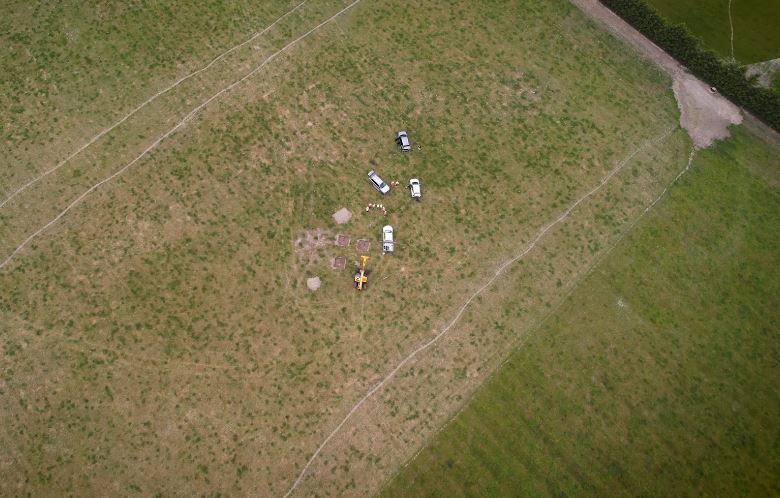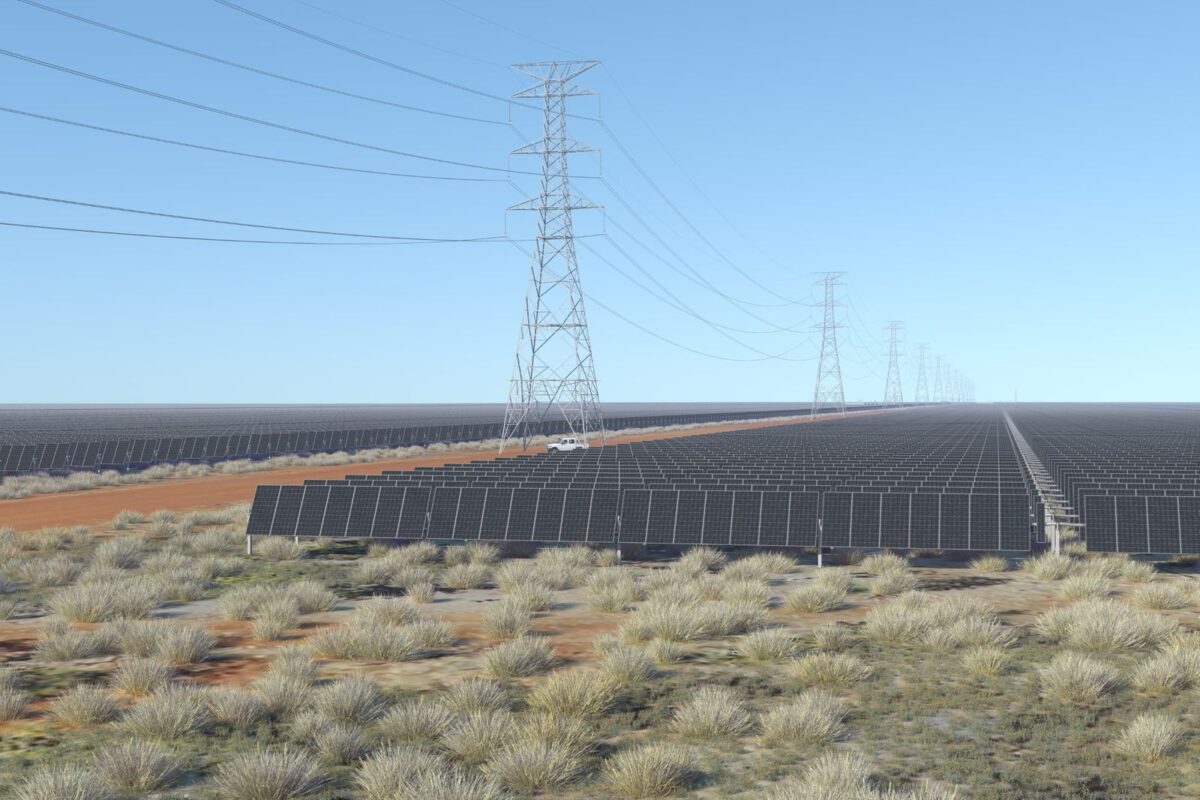New Zealand government-backed utility Genesis Energy and joint venture partner FRV Australia, the local arm of global renewable energy developer Fotowatio Renewable Ventures, have reached financial close on the 47 MW Lauriston Solar Farm being developed near Canterbury on New Zealand’s South Island.
Genesis said construction contracts for the $97 million (NZD 104 million) project being developed on a 93-hectare site about 100 kilometres south of Christchurch have been confirmed, initial works are already underway, and procurement of key equipment has started.
The development will be project financed by the Bank of New Zealand and Japan’s MUFG Bank which will fund approximately 70% of total project costs. The engineering, procurement, and construction (EPC) will be provided by Australia’s Beon Energy Solutions.
The Lauriston Solar Farm will comprise approximately 80,000 solar panels and is expected to start generating electricity in early 2025 with Genesis, one of New Zealand’s largest energy generators retailers with approximately 500,000 customers, agreeing to purchase 100% of the energy produced through a 10-year power purchase agreement (PPA).
Genesis Chief Wholesale Officer Tracey Hickman said achieving financial close on the project is an important milestone for the company, which is targeting 95% renewable generation by 2035, and the country with solar to play a clear role in New Zealand’s energy transition.
“It will enable us to provide cleaner energy to our customers, while also reducing emissions from our generation portfolio as Genesis invests in new renewable generation and moves to become net zero by 2040,” she said.
“The pleasing aspect of this project is it shows the value of our joint venture and that the model we have put in place for Lauriston works. It has allowed us to sign quality delivery partners, including our lead contractor, equipment suppliers and lenders.”
FRV Australia Chief Executive Officer Carlo Frigerio said the Lauriston Solar Farm is the first in a series of developments planned by the Genesis and FRV Australia joint venture, which was formed in late 2021 to develop up to 500 MW of solar capacity over the next five years.
“This marks our inaugural financial closing in New Zealand, serving as the cornerstone for FRV Australia and Genesis development efforts,” he said.
“It is a pivotal moment for both our presence in the country and the solar industry, which is just beginning to take root.”
The partners are also assessing three sites on New Zealand’s North Island with a combined capacity of up to 400 MW as Genesis focuses on moving to about 95% renewable generation by 2035.
The 47 MW Lauriston Solar Farm is the largest to reach financial close in New Zealand and will be the largest operational PV facility in the country when it comes online.
At present, the largest operational solar farm in the country is the 39.4 MW Kaitaia Solar Farm built near the town of the same name at the far north of the North Island. Developed by Lodestone Energy, the facility came online in December 2023 and is expected to generate 55 GWh of clean energy annually.
While solar is still in its infancy in New Zealand, developers are increasingly scoping the market with a number of recent announcements for projects in development, including plans for a 400 MW solar farm from private New Zealand company Todd Generation, and a 147 MW solar farm from UK-based Harmony Energy, both on the country’s North Island. Likewise, Lightsource bp and German investment manager Aquila Capital are looking to develop portfolios in New Zealand.
This content is protected by copyright and may not be reused. If you want to cooperate with us and would like to reuse some of our content, please contact: editors@pv-magazine.com.









By submitting this form you agree to pv magazine using your data for the purposes of publishing your comment.
Your personal data will only be disclosed or otherwise transmitted to third parties for the purposes of spam filtering or if this is necessary for technical maintenance of the website. Any other transfer to third parties will not take place unless this is justified on the basis of applicable data protection regulations or if pv magazine is legally obliged to do so.
You may revoke this consent at any time with effect for the future, in which case your personal data will be deleted immediately. Otherwise, your data will be deleted if pv magazine has processed your request or the purpose of data storage is fulfilled.
Further information on data privacy can be found in our Data Protection Policy.